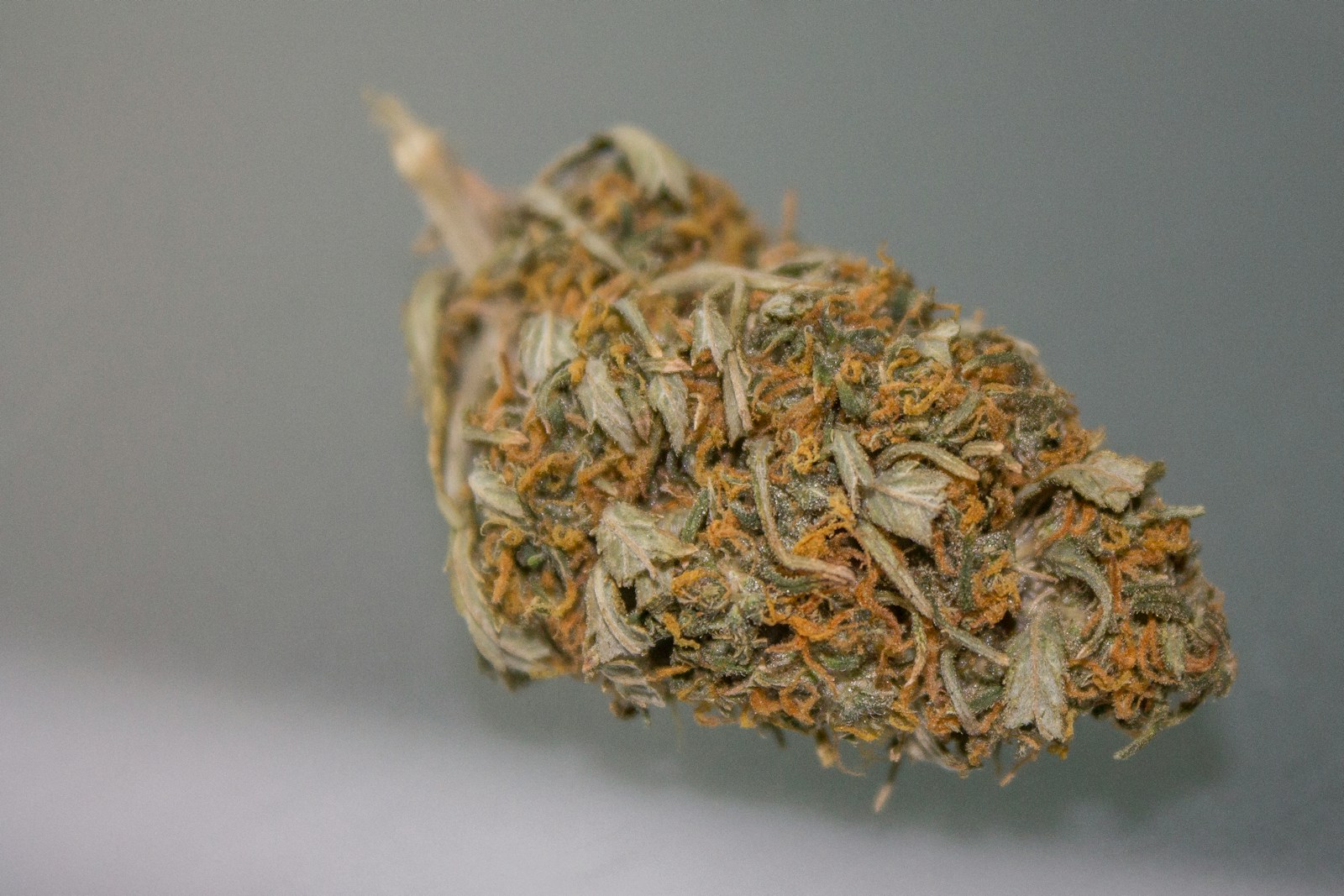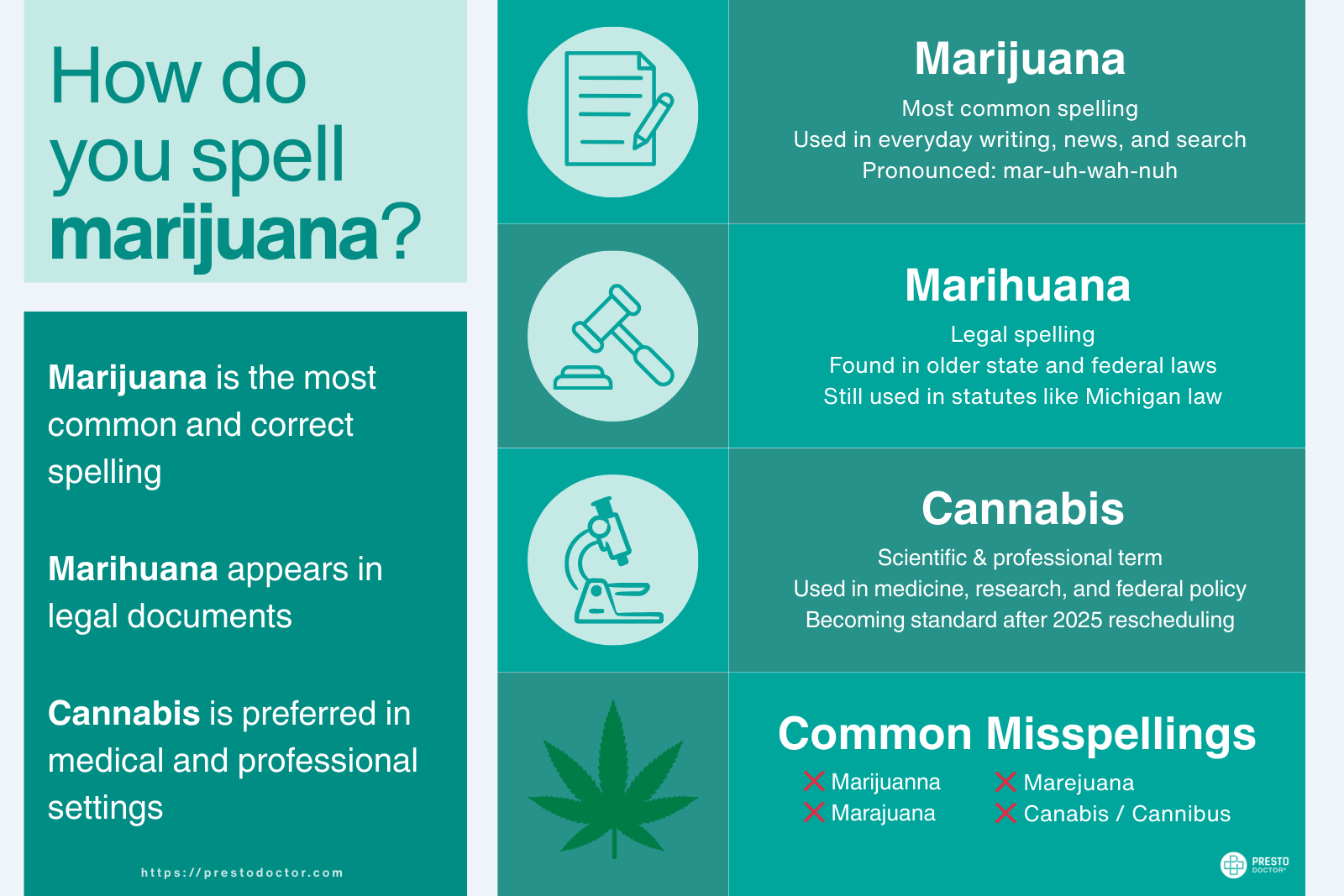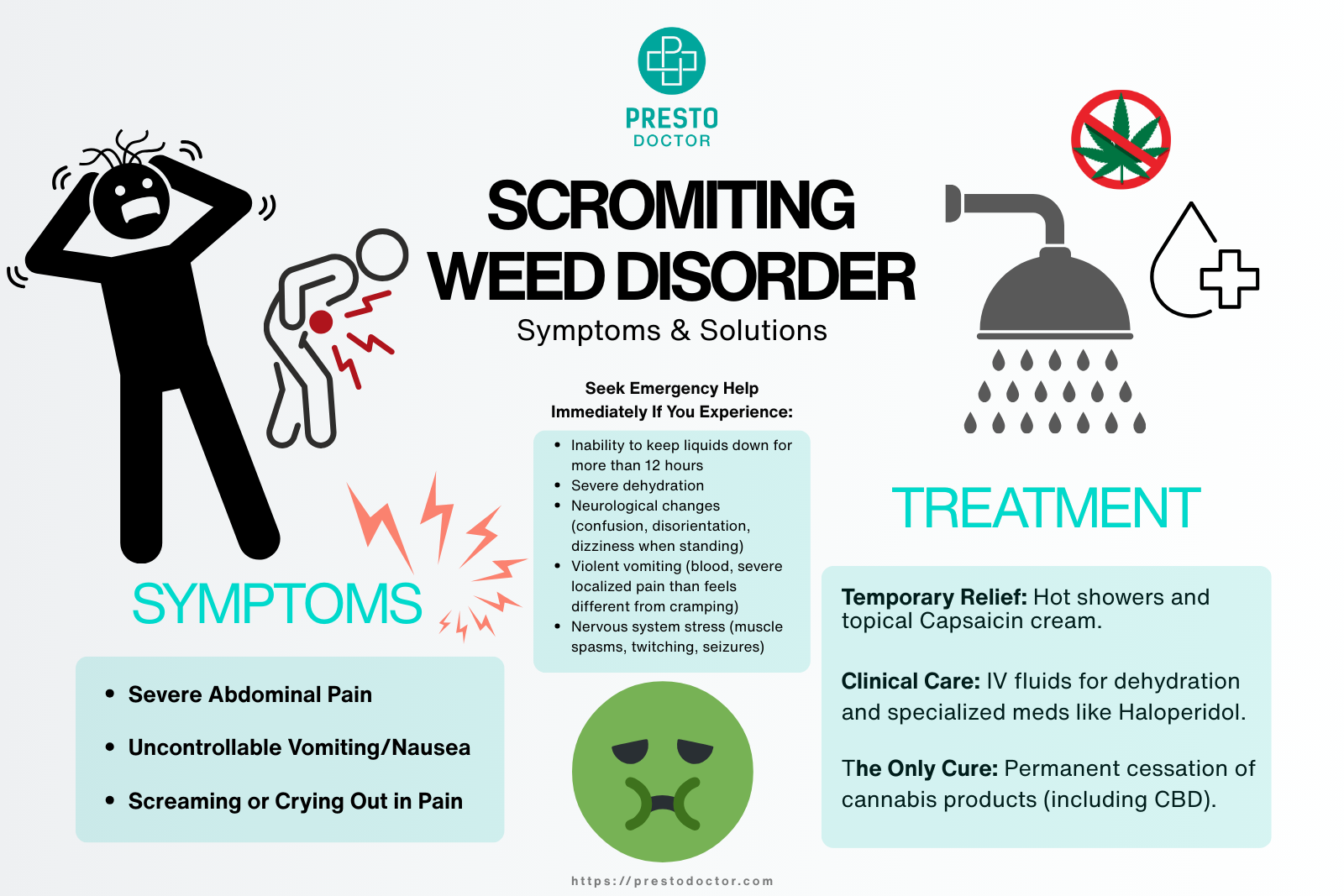
As healthcare options expand, alternative treatments like medical marijuana are gaining recognition and acceptance. Arkansas has joined the movement by legalizing its use for specific medical conditions. This guide will walk you through the process of obtaining a medical marijuana card in Arkansas, empowering you to explore this alternative therapy.
Understanding Medical Marijuana Laws in Arkansas
Before starting your journey to get a medical marijuana card, it’s important to understand the laws and regulations in Arkansas. Medical marijuana is legal for patients with qualifying conditions, such as cancer, Crohn’s disease, glaucoma, and post-traumatic stress disorder (PTSD). To find the complete list of qualifying conditions, click here. To be eligible, patients also need a recommendation from a licensed physician.
In Arkansas, eligibility for medical marijuana is contingent on the following criteria:
- Possess a qualifying medical condition.
- Be 18 years or older (or obtain parental consent if younger).
- Not be affiliated with the AR National Guard or the US Military.
- Obtain an official written certification from a licensed medical marijuana doctor.
- Successfully apply for and receive approval from the state of Arkansas.
Finding a Qualified Physician
The first step is establishing a relationship with a licensed physician registered with the Arkansas Department of Health. These professionals will evaluate your medical history to determine if you qualify for medical marijuana. Arkansas now allows patients to renew their medical cannabis cards through telehealth visits. However, for those obtaining their medical cannabis card for the first time, an in-person visit is required. Be ready to discuss your symptoms, medical history, and past treatments. If you meet the criteria, the physician will provide you with a written certification, an essential document for the next steps.
Applying for Your Medical Marijuana Card
With your physician’s certification, you can apply for your medical marijuana card on the Arkansas Department of Health’s website. The application process is straightforward but requires attention to detail. You’ll need to provide personal information, your physician’s certification, and a valid Arkansas driver’s license or state ID. Remember to include the application fee, which is non-refundable. Double-check your submission entries for accuracy before submitting.
Navigating the Waiting Period
After submitting your application, there is a waiting period while the Arkansas Department of Health reviews and processes your information. This usually takes around 14 days, but sometimes can take less. Once approved, you can print your medical marijuana card and start visiting dispensaries. Your physical card will be mailed to the address listed on your application the following business day after approval.
Visiting a Licensed Dispensary
With your medical marijuana card, you’re ready to explore licensed dispensaries in Arkansas. These establishments offer various cannabis products tailored to specific medical needs. Consult with knowledgeable dispensary staff to find the best products for your condition and preferences. They can provide guidance on dosage, consumption methods, and potential side effects.
Arkansas Medical Marijuana Rules
Once getting your medical marijuana card in Arkansas, there are still some rules to follow within the program. First, medical cannabis consumption cannot be in public and consumption must be on private property. Additionally, medical marijuana patients in Arkansas still cannot cultivate or grow marijuana.
Possessing a valid Medical Marijuana Card provides legal protection for patients using medical marijuana in accordance with the state’s regulations. However, to be protected under the Arkansas Medical Marijuana Amendment, your marijuana must be purchased from one of the licensed Arkansas dispensaries.
Conclusion
Getting a medical marijuana card in Arkansas may seem complex at first, but with the right information and guidance, it becomes a manageable and empowering journey toward alternative healthcare. Work closely with healthcare professionals, stay informed about regulations, and make informed decisions about your well-being. With your medical marijuana card, you can embark on a path to wellness that aligns with the changing landscape of healthcare in the 21st century.






